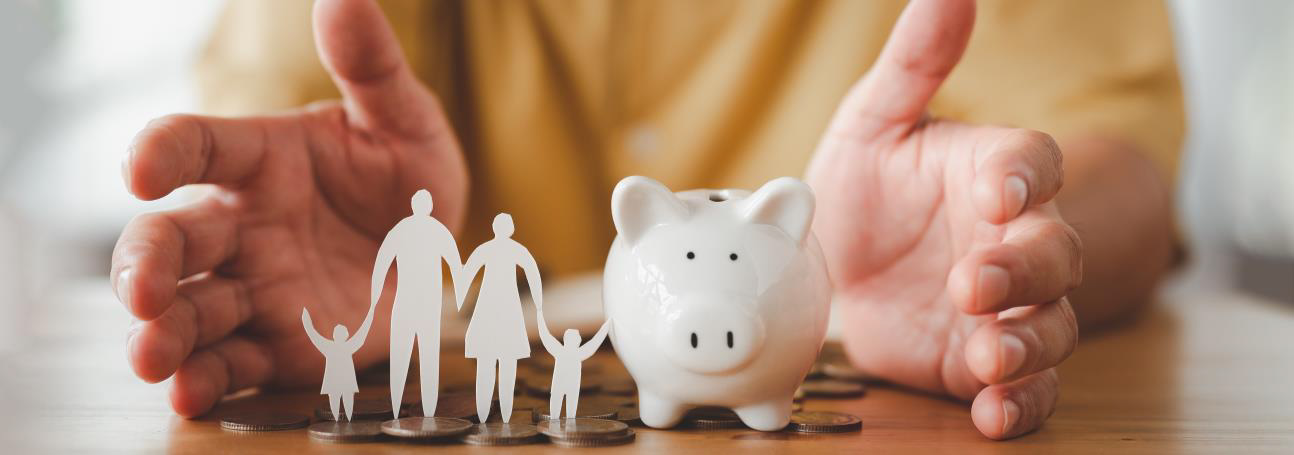


We already know a lot about the cost-cutting strategies that consumers use when finances get tough. People trade down to cheaper products, delay bigger purchases, reduce discretionary spending and look for more deals, vouchers etc.
However, we don’t understand the flip-side well enough. Why do people protect spend in certain areas? What is it about products, services and experiences that make them non-negotiable for consumers?

BE A HEALTH NON-NEGOTIABLE– Sacrificing your own health & wellbeing, or that of your loved ones is not an option (and the definition of health & wellbeing is incredibly broad).
TOP UP HAPPINESS – Happiness needs regular top-ups. As always, the feeling of being able to treat ourselves now and again is crucial (and the pandemic has sharpened this need as so many of our usual avenues for treating were closed off).
HELP AVOID WASTE – Waste is increasingly hard to justify in times of economic stress. It’s not just about food waste – it’s also a longer-term view about buying to last and buying what’s needed.
MAKE THE MOST OF NOW – The pandemic has taught us that we never know what might happen – living for now has risen rapidly up the consumer agenda. Products and services that help consumers ‘seize the day’ will be highly valued
We asked 40 consumers to talk to us about the ONE thing they absolutely refuse to give up or cut back on (even if finances got tough) and why it was more vital than anything else


Brands tend to worry about when they might be “for the chop” in terms of consumer spending. Reframe the discussion in your organisation around playing to your strengths, not worrying about your vulnerabilities and devise a comms strategy that highlights the right benefit to ensure that you’re in a protected spend area
















